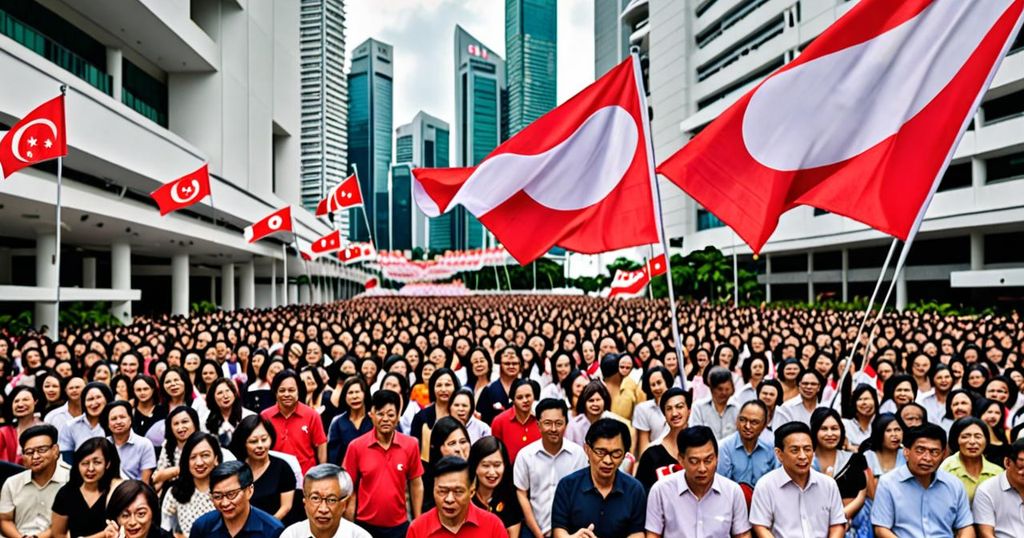The political scenario in Singapore is currently experiencing a tumultuous conflict within the Lee family. This internal struggle possesses the capacity to evolve into a power struggle that could adversely affect the effective functioning of the government. The origins of this dispute can be traced back to the passing of the patriarch Lee Kuan Yew in 2015. Presently, it is on the verge of spilling over into the political domain, with Lee Hsien Yang, the brother of Prime Minister Lee Hsien Loong, contemplating a bid for the presidency upon the conclusion of the incumbent president’s term next year. There are also speculations that Lee Hsien Loong’s wife, Ho Ching, might pursue the same office, and that the Prime Minister could be grooming his son as his eventual successor.
The upcoming presidential election in 2023 has the potential to instigate instability within Singapore’s political landscape. The efforts of Lee Hsien Loong and his wife to position their son as a future leader could encounter resistance from within the ruling People’s Action Party, consequently leading to an internal power struggle. Consequently, some individuals have expressed concerns about the nation’s future, prompting significant financial assets to be relocated out of Singapore.
The presidency in Singapore is largely ceremonial; however, it does entail certain executive powers that could be utilized to challenge the government on matters relating to national reserves and senior political appointments. The potential presidency of Lee Hsien Yang could usher in a challenging and contentious relationship with the Prime Minister, as they endeavor to assert their respective authorities.
Both Lee Hsien Yang and Ho Ching are perceived as prospective contenders for the presidency, thereby bringing the intensified family dispute regarding the fate of Lee Kuan Yew’s family home in 2017 to the forefront of public attention. The ongoing discord within the family, coupled with aspirations for political power, has raised apprehensions regarding its potential impact on governance in Singapore.
This situation bears semblance to past contentions between Singaporean presidents and prime ministers, which resulted in strained relations and conflicts pertaining to the exercise of powers. The ongoing power struggle within the Lee family has the potential to echo these historical tensions, thereby further complicating Singapore’s political landscape.
The family dispute has also become the subject of legal actions against members of the Lee family, thereby prompting concerns about the potential misuse of legal mechanisms for personal disputes. These developments, in conjunction with the ongoing family conflict, have given rise to escalating unease about Singapore’s political future and its potential impact on the freedom of speech and political dissent.
As the intricate developments of the family feud continue to unfold, it remains a pivotal issue in Singapore’s political landscape, thereby raising critical questions about governance, succession, and the exercise of power. The resolution of this conflict holds the potential to shape the trajectory of Singaporean politics, while also prompting essential inquiries about leadership, governance, and the rule of law.

Leave a Reply